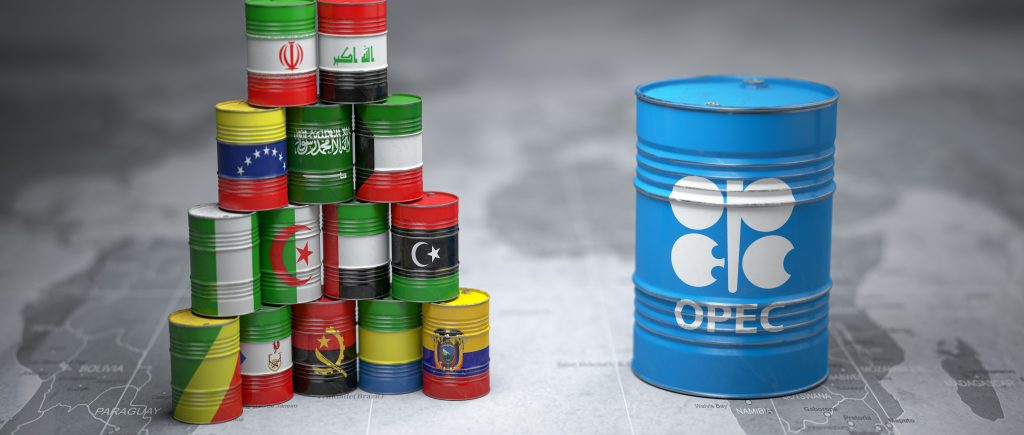Oil futures rose sharply Tuesday after the Biden administration announced a coordinated, US-led effort by energy consuming countries to release strategic crude reserves.
The coordinated move had been well-telegraphed. News reports speculating on potential releases from the Strategic Petroleum Reserve and talk of a coordinated effort, lately joined by India, and would also include South Korea, Japan and Britain and others circulated in recent weeks, and were widely cited as a factor in crude oil’s pullback in price from 7-year highs set last month.
US Still challenges OPEC+ with coordinated oil reserves release
Biden is facing growing frustration at repeatedly asking the Organization of the Petroleum Exporting Countries and its allies, known as OPEC+, to pump more oil without getting any response.
“I told you before that we’re going to take action on these problems. That’s exactly what we’re doing,” Biden said in remarks broadcast from the White House.
Crude oil prices recently touched seven-year highs and although they are still some way short of levels reached between 2011 and 2014, when they broke through $100 a barrel, many consumers are feeling the pain of a dramatic increase from a year ago.
Under the plan, the United States will release the equivalent of about two and a half days of US demand. India, meanwhile, said it would release 5 million barrels, while Britain said it would allow the voluntary release of 1.5 million barrels of oil from privately held reserves.
Details on the amount and timing of the release of oil from South Korea, Japan and China were not announced. Seoul said it would decide after discussions with the United States and other allies. read more And Japanese media said Tokyo would detail its plans on Wednesday.
It was the first time that the United States had coordinated such a move with some of the world’s largest Asian oil consumers, officials said.
OPEC+ has been struggling to meet existing targets under its agreement to gradually increase production by 400,000 barrels per day each month, a pace Washington sees as too slow, and it remains worried that a resurgence of coronavirus cases could once again drive down demand.
Recent high oil prices have been caused by a sharp rebound in global demand, which cratered early in the pandemic in 2021, and analysts have said that releasing reserves may not be enough to curb further rises.
It is not large enough to bring down prices in a meaningful way and may even backfire if it prompts OPEC+ to slow the pace at which it is raising output
Benchmark Brent crude was trading above $80 a barrel on Tuesday, up from its levels before the announcement but still well below last month’s three-year high of more than $86. Brent futures rose $2.65, or 3.3%, to $82.35 a barrel by 12:52 p.m. EST (1752 GMT), while US West Texas Intermediate (WTI) crude rose $1.91, or 2.5%, to $78.66.
The release from the US Strategic Petroleum Reserve would be a combination of a loan and a sale to companies, US officials said. The 32-million-barrel loan will take place over the next several months, while the administration would accelerate a sale of 18 million barrels already approved by Congress to raise funds for the budget.

 Noor Trends News, Technical Analysis, Educational Tools and Recommendations
Noor Trends News, Technical Analysis, Educational Tools and Recommendations




